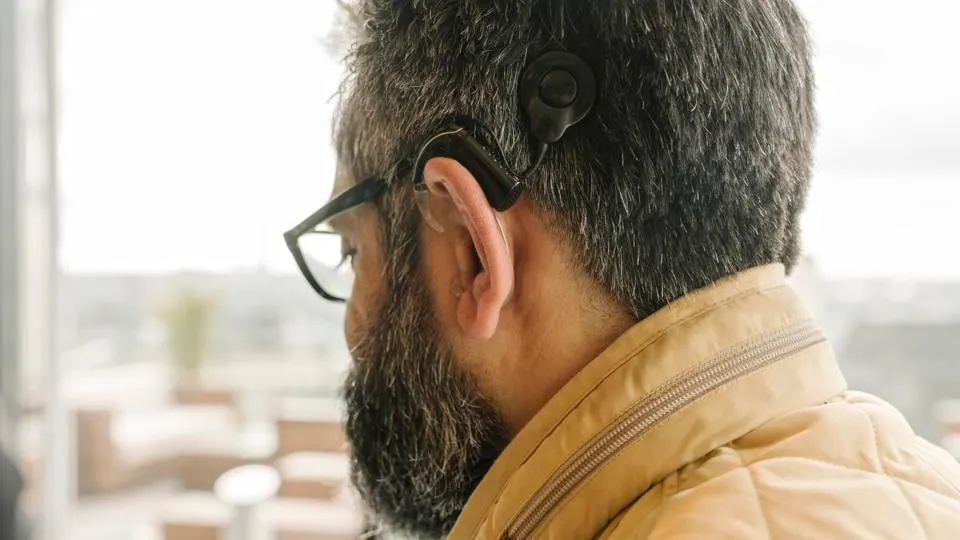How are Cataracts Diagnosed?
If you are in your 60s and 70s, you may have an eye condition known as “cataracts.” Are you currently experiencing problems with your eyesight? Have you noticed that your vision has been fading within the last few years?
What are the Symptoms of Cataracts?
Symptoms of Cataracts include:
- Blurred or cloudy vision
- Muted colors
- Lack of definition
- Glare or the appearance of halos around light sources
- Inhibited night vision
- Double vision
- A marked degradation in your visual prescription over time (for eyeglass users)

How Common are Cataracts?
Cataracts are a common eye problem in the U.S., with 21 million people diagnosed. Should you suspect you have cataracts you should get treatment quickly when possible. Cataracts can develop in either one or both eyes and negatively impact your quality of life.
We at SightMD don’t want to scare you, but cataracts are a leading cause of blindness. If cataracts are caught early, doctors can slow their growth and delay surgery. This is good news for patients who want to avoid surgery for as long as possible.
What to Expect at Your Cataracts Eye Appointment?
A cataract exam may require multiple tests to determine if you have cataracts and how severe they are. Doctors may use further testing beyond these to determine what type of cataract you have.
At our many office locations, we can check your vision and determine whether you have a cataract. If so, we will determine the best course of action to reduce your symptoms and treat the condition.
How are Cataracts Tested?
Our eye doctors can find cataracts in a regular eye check-up, so it’s crucial to have yearly appointments. First, your doctor may ask you about your symptoms and any recent changes in your vision.
Cataracts diagnosis typically consists of:
- Visual Acuity Test – A standard visual acuity test will give us an indication of your vision quality. If you perform poorly, that doesn’t unto itself indicate that you have a cataract. Any number of vision impairments, such as nearsightedness, farsightedness, or astigmatism, can result in poor visual acuity. Poor results will indicate that vision treatment is necessary.
- Dilated Eye Exam – In this test, doctors administer eye drops to widen or dilate the eye pupils. Once dilated, doctors use a special optical lens to examine the retina and optic nerve. We can also look for visual signs of a cataract. The eyes will remain dilated for several hours after treatment, and you need to wear tinted lenses to protect your eyes from light.
- Tonometry – With this instrument, the pressure inside the eye is measured. High pressure in the eye can be a contributing factor to the formation of a cataract. Detecting such pressures can help us alleviate or eliminate contributing factors.
- Slit-Lamp Test – This test involves using a specialized microscope to look at the structures in the front of your eye. This microscope uses a thin beam of light to look at different parts of your eye like the cornea, iris, and lens. The light helps the doctor see small sections of these areas at once, making it easier to find any problems.
Early detection allows us to provide early treatment. If you are suffering from blurred or cloudy vision, please don’t hesitate to seek treatment. If your doctor finds a cataract they take into consideration its size, your age, and your overall health. This allows them to determine if treating the cataract with surgery might be the right option for you.
What Preventative Steps You Can Take to Avoid Cataracts?
Experts recommend protecting your eyes from UV rays to prevent damage and reduce the risk of eye problems as you age. Wear sunglasses or a hat when outside, and consider quitting smoking. Eating a balanced diet with plenty of fruits and vegetables is also important for eye health.
These are all steps that can help slow the possible development of cataracts.
What if Cataract Surgery is Necessary?
We mentioned how an early diagnosis of cataracts could offset needing surgery to correct the condition. In some cases, however, the diagnosis may be too late, or the cataracts have developed at a faster rate. If your doctor decides that surgery is necessary for your cataracts diagnosis, please be assured that SightMD offers the best possible care.
Our highly qualified surgeons and efficient medical staff work with the latest state-of-the-art technologies, ensuring your operation will be safe, sound, and secure. After cataract surgery at SightMD, some patients have discovered improvement in their vision. Some even are at the point where they no longer need glasses to drive, look at a computer, or read books! So, cataract surgery – if necessary – can have added benefits.
Contact SightMD to schedule an appointment with a doctor to talk about your vision at a convenient location.

Healthy Diet and Cataracts
The Role of a Healthy Diet in Preventing Cataracts As we age, various eye conditions can develop that impact…

Benefits of Cochlear Implants
Understanding the Benefits of Cochlear Implants Hearing loss can significantly impact one’s quality of life, making communication and connection…

Long-Term Considerations for Individuals with Cataracts
What to consider Long-Term for Individuals with Cataracts As we age, our eyes undergo various changes, and one common…